Music, Social Media, and Image
November 7, 2019 in Social Media Guide
What are your favorite genres? Do you enjoy the stuff currently on the radio? Do you like pop, rock, rap, or any of the specific subgenres within them? Maybe you like a combination, or even all of them.
Music is an extension of ourselves and a way to not only express, but figure out our identity. Music is especially meaningful for adolescents during a time when they’re experiencing a crucial time figuring out who they are. Studies have shown that adolescents listen to more music than any other age group and use it to help shape together their identity, since there’s often a culture and sense of style associated with different genres.
Studies have also shown that adolescents use music as a way to connect with others and make friends with those who have similar tastes, since they are likely to have other tastes in common too outside of music. Social media is one way of connecting people over their taste in music.
Using social media to find out what your peers are listening to isn’t new: MySpace was known for being the place to discover and hear other’s music taste online. Not only would aspiring bands and artists post their content there (think of musicians such as Panic at the Disco and Taylor Swift), but users could make a playlist of their current favorite songs that people could listen to when they visited their page. Most of the time, visitors to their page would have no choice, since the music would automatically play. Last.fm was specifically created so that people could share what they were listening to by connecting it to their iTunes and other music sites. Of course, aspiring musicians can also use sites like Soundcloud and YouTube to post their original works, sharing it with others not just on these sites, but on other platforms too.
Nowadays, social media sites give users the option to post what music they’re listening to when they make a status (like Facebook), and some give them the choice to play a snippet of a song over their story (like Instagram). Even Spotify counts as social media: Spotify gives you the option to add friends by using your email or Facebook, and they can see what you’re listening to as you’re listening to them.
Spotify also has a “private” listening option, so that you could listen to whatever else you want without others seeing. Both the public and private feeds on Spotify create a discussion about how people, and adolescents specifically, can manipulate what and how they listen to their music based off what others will think of them. Some might have a genre that they’re embarrassed of, or something that might not be that popular with their friends, so they might go into private mode so no one knows that they listened to it. They may only keep the regular setting on if they are listening to groups that their friends also like and contributes to the image they have created for themselves.
Picking and choosing what people see versus showing all of your music history can be similar to picking and choosing what sorts of brands adolescents want others to see them wearing and what type of photos they post on Instagram. It can be even more anxiety inducing too since adolescents listen to more music than any other age group, so it’s natural to forget that the friend feed is there as you’re listening to music, and a song might slip in that might be “judged” by someone. Some may not care, and some may not mind monitoring it. Some may even turn off this feature completely and listen to their music without others knowing when they’re doing so.
If anything, if you want to expand your taste in music outside of Spotify’s Discover Weekly, the friend feed is a great option to find some new songs.
If you use Spotify, do you have the friends on your feed? Do you look at what others are listening to, or do you think others are looking at yours? Why do you think some people judge each other’s music tastes so harshly?










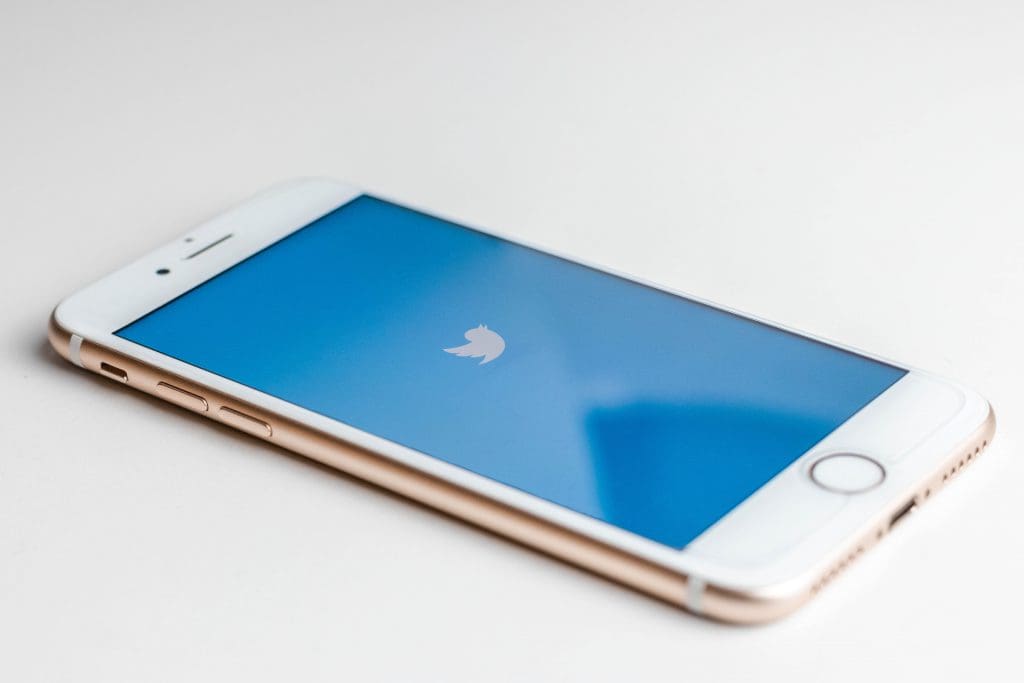
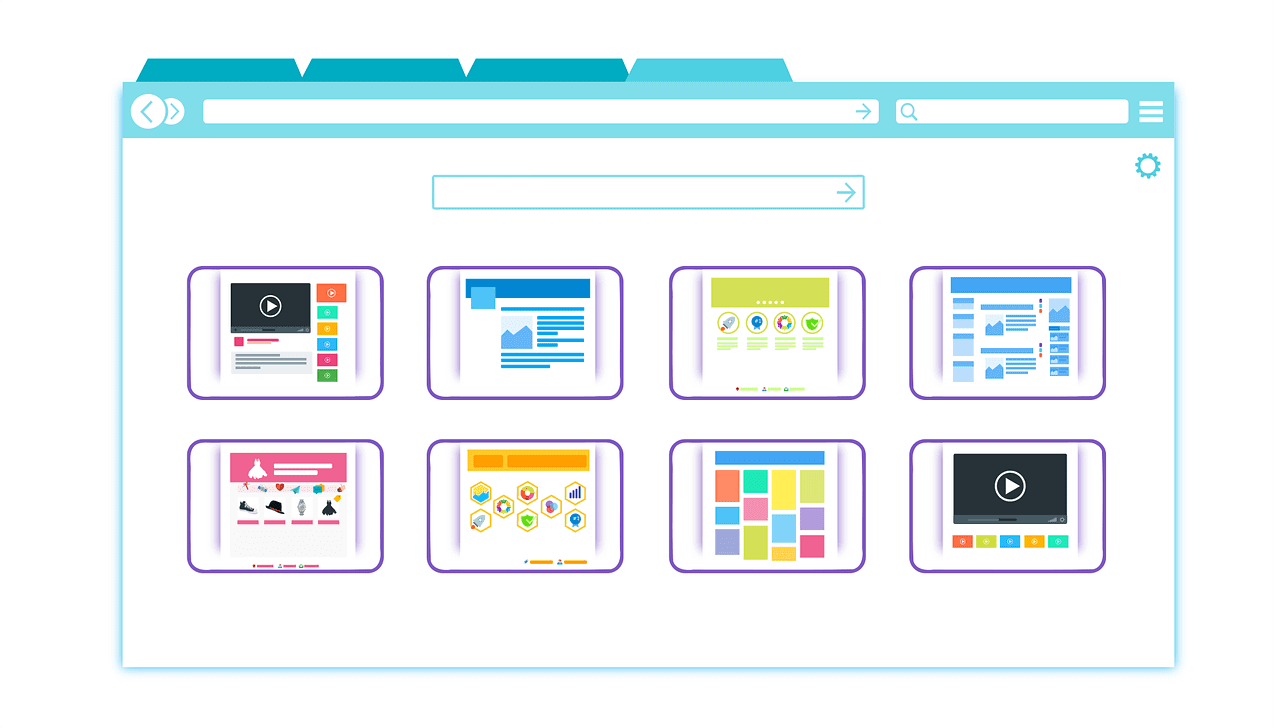



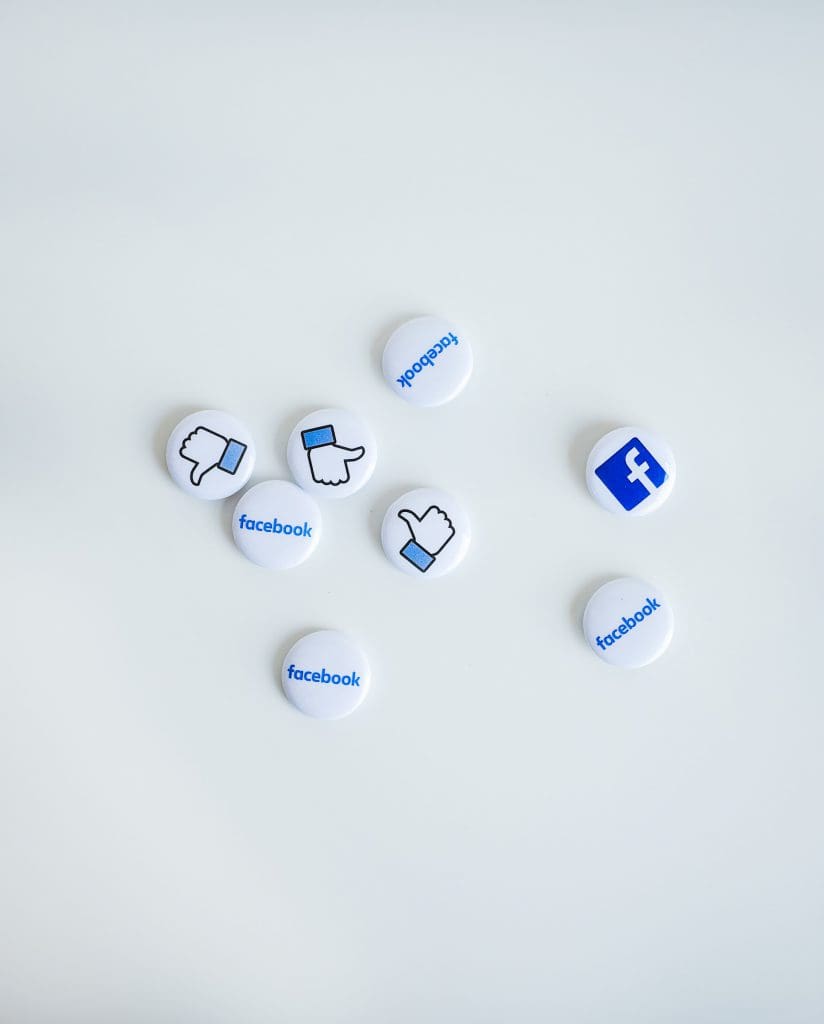
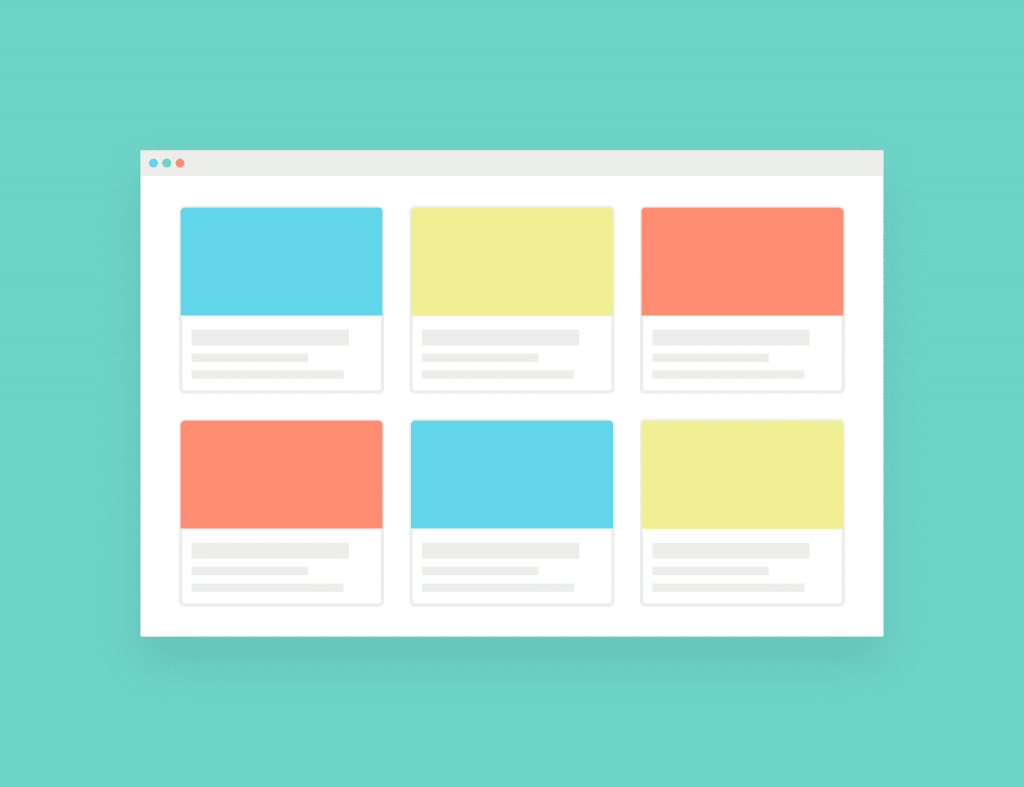
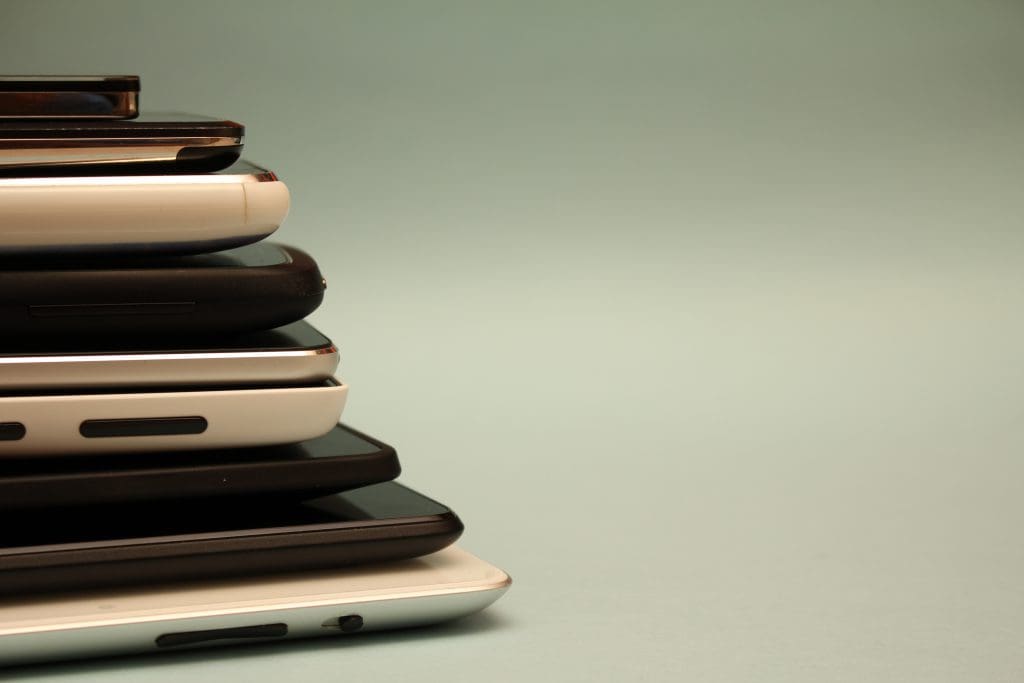
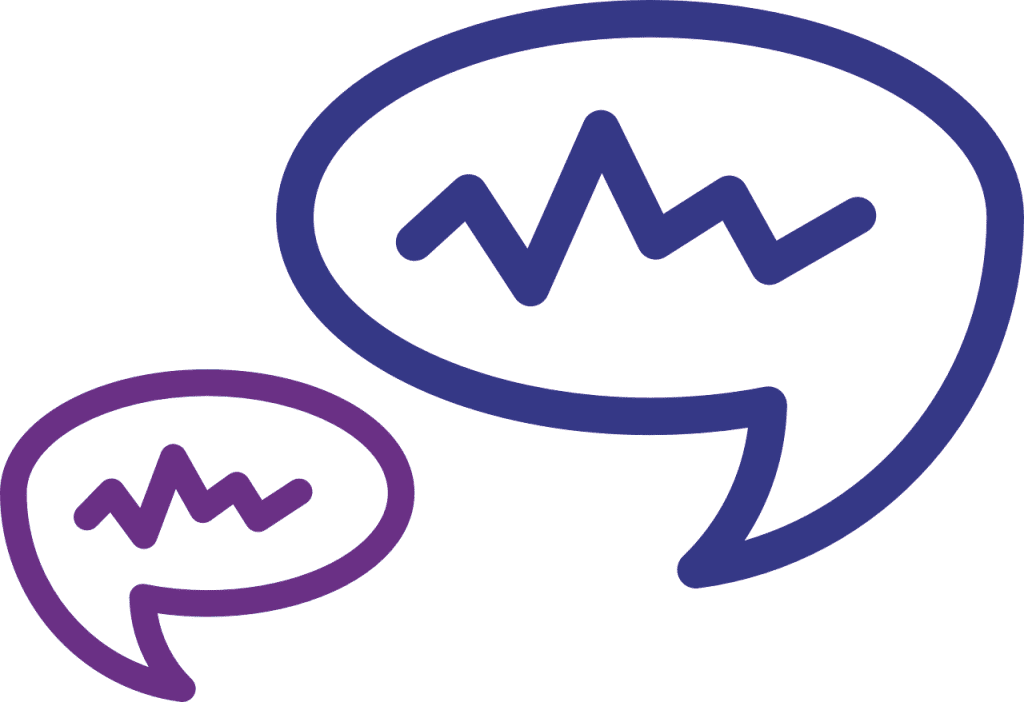




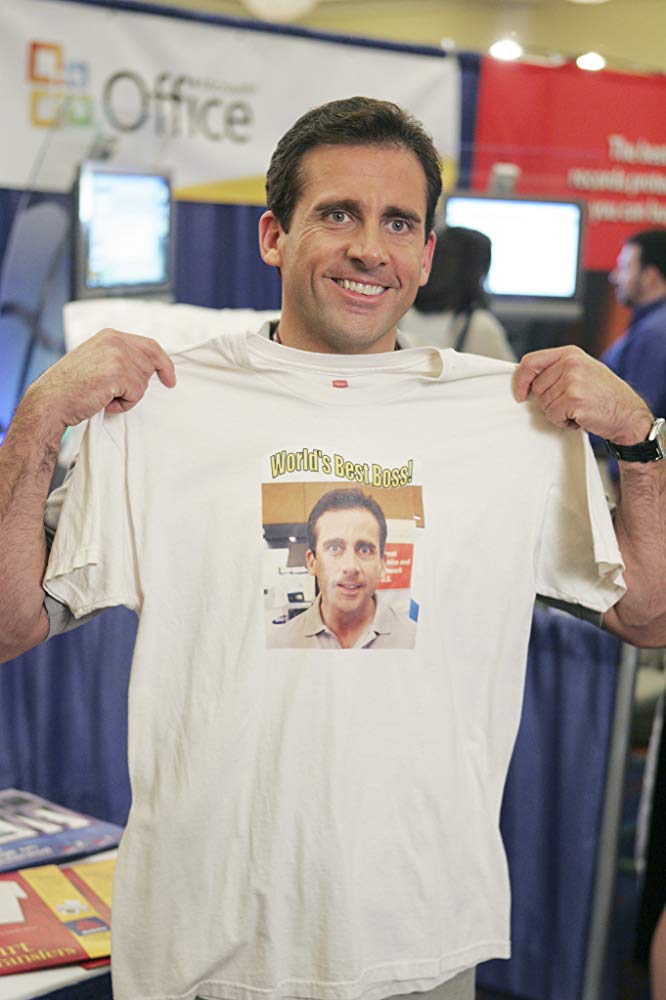






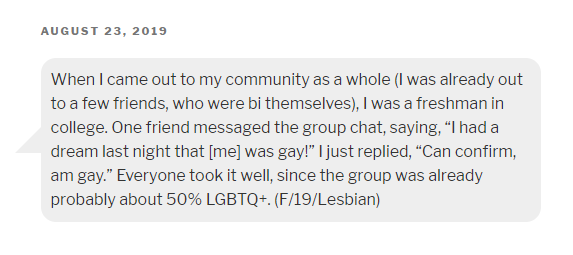

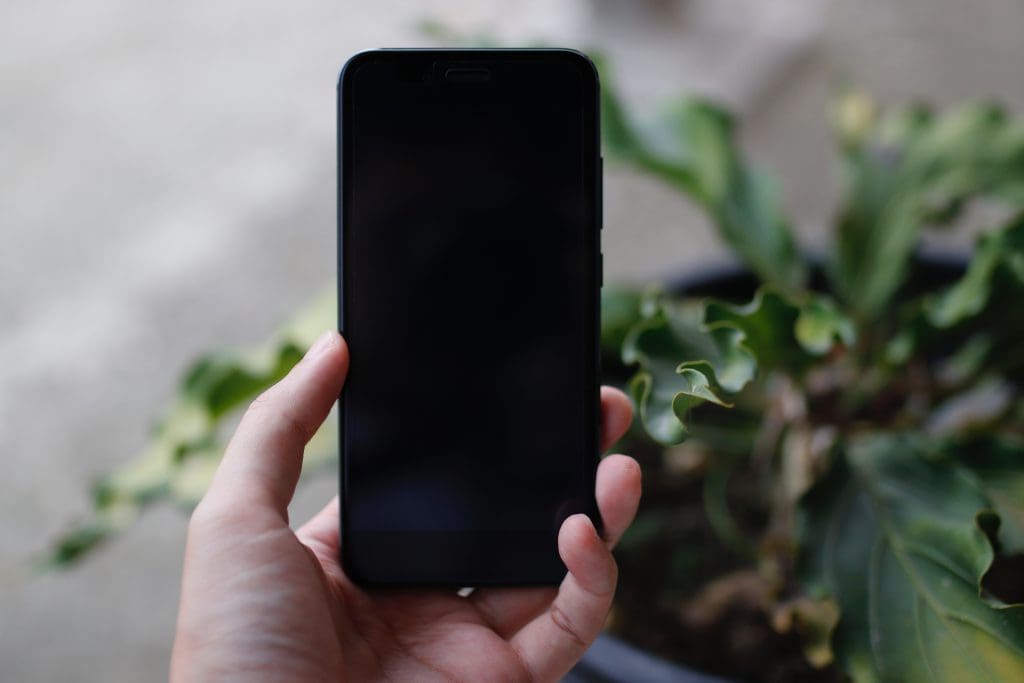
Recent Comments